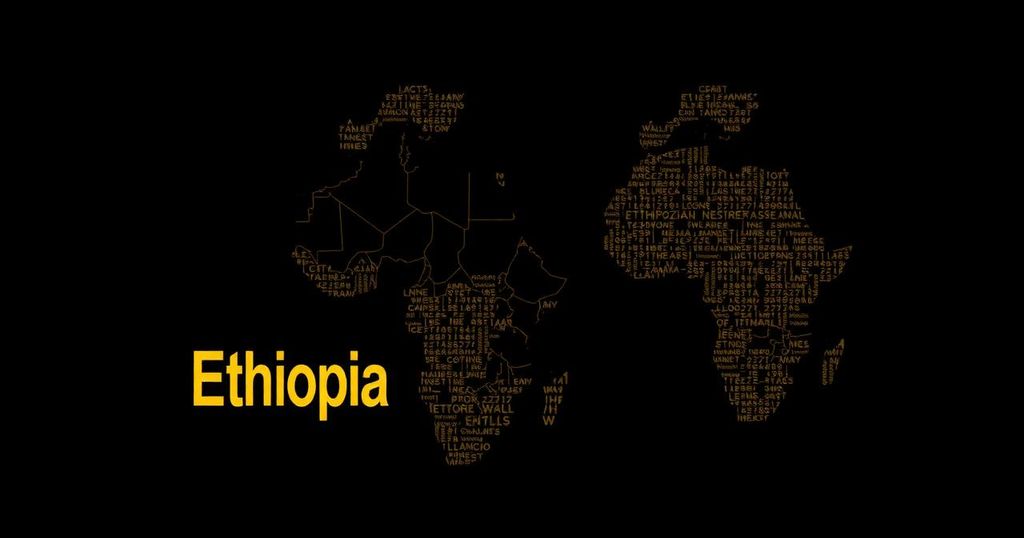Ethiopia Raises Concerns Over Egypt-Somalia Defense Agreement Amid Rising Regional Tensions
Ethiopia has expressed significant apprehension regarding a recent defense agreement established between Egypt and Somalia, amidst escalating tensions within the Horn of Africa. This development follows a visit by Somali President Hassan Sheikh Mohamud to Cairo, where he engaged in discussions with Egyptian President Abdel-Fatah el-Sissi, culminating in the signing of a security pact earlier this month.
Although specific details regarding the negotiations remain undisclosed, Ali Abdi Aware, the Somali Ambassador to Cairo, has publicly stated that the recent delivery of military equipment from Egypt to Somalia marks a “practical step” towards enacting the agreement. Moreover, the Ambassador indicated that this pact includes the potential deployment of Egyptian military personnel in Somalia following December 31, when the current African Union peacekeeping mission concludes. However, this deployment has not been substantiated by Egyptian authorities, who have been actively pursuing enhanced influence in the Horn of Africa region.
Ethiopia’s concerns regarding the potential presence of Egyptian troops near its borders are exacerbated by existing disputes with both Egypt and Somalia. The primary contention with Egypt revolves around Ethiopia’s $4 billion dam project on the Blue Nile, which is critical to Egypt’s water supply. While Egypt fears that the dam may severely impact its irrigation and water resources, Ethiopia maintains that the dam is essential for producing urgently needed electricity.
Additionally, Ethiopia and Somalia are engaged in a dispute over Somaliland, a region that has declared independence but is not recognized by the African Union or the United Nations. Somalia has opposed Ethiopia’s attempts to secure access to the Red Sea, facilitated through an agreement to lease land along Somaliland’s coast, which could potentially allow Ethiopia to establish a marine base.
Somalia’s government has received assistance from an African Union peacekeeping mission since 2007 in combating the al-Shabab extremist group, which continues to perpetrate violence across Somalia. Despite the planned withdrawal of AU troops, it is possible that soldiers from other nations, such as Uganda and Burundi, will remain in Somalia under bilateral agreements.
Ethiopia’s foreign ministry issued a statement affirming its commitment to “vigilantly monitor developments in the region that could threaten its national security,” accusing Somalia of collaborating with external actors to disrupt regional stability. Furthermore, Somaliland expressed its strong opposition to any potential deployment of Egyptian troops within Somalia, highlighting the complexities and sensitivities surrounding this evolving situation.








Post Comment